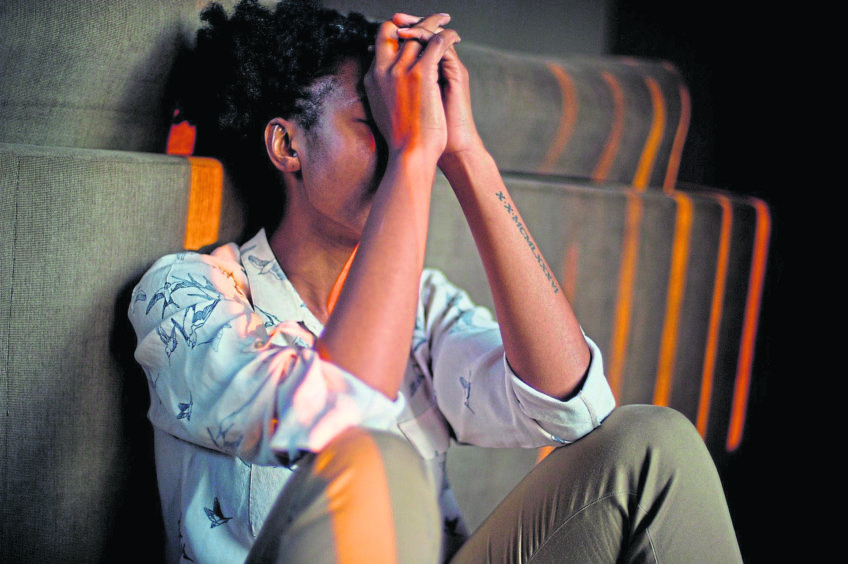
During this time of reflection, 32 years on from the Piper Alpha disaster, we must not forget the survivors, family and friends of those who lost their lives.
For some it has faded to a sad memory. For others, it may still be very fresh and feel extremely overwhelming.
We should also be aware that, at some time or another, everyone goes through a crisis or tragedy that overwhelms them – or threatens to overwhelm them.
Just as there are many people still suffering as a result of Piper Alpha, there are those for whom the Covid-19 pandemic has been an extremely overwhelming event.
“A trauma is an event which overwhelms, or threatens to overwhelm, our usual defences”, said Professor David Alexander, who led the psychiatric team following the Piper Alpha disaster.
Whatever the event, it is something we are unprepared for that can leave us with confusing and unpleasant feelings, even some time after the initial attention has died down.
There may be an expectation from others and yourself to cope better or to have moved on, which can cause you to hide the true extent to which an event still affects your mental health.
Common reactions following a traumatic event:
Shock
Initially, you may have difficulty taking in what has happened.
Continuing thoughts about the incident
You may find yourself going over things again and again.
Anger
Strong feelings of anger are common.
Fear
Traumatic events can make the world around us seem more dangerous.
Shame and Guilt
You may wonder if you should have done more for others or why you should still be alive when others are not.
Helplessness
You may feel totally out of control and ashamed of this.
Loss
This can be due to a bereavement but other aspects of life as
well, including health, relationships, employment, wellbeing and confidence.
Retreating from society
You may experience a loss of interest and confidence or a sense of isolation.
Physical symptoms
Your body may show physical signs of your emotional distress such as:
• Tiredness
• A racing heart and shaking
• Feeling sick and diarrhoea
• Difficulty breathing
• Tightness in your throat and chest
• Headaches, neck and backache
• Hyper-arousal, unable to relax
• Sleep issues including difficulty getting to sleep, waking frequently throughout the night and
nightmares.
What can you do?
• Trying to forget or avoid things related to the events may seem helpful, however thoughts could continue to return. Keeping feelings in will drain your energy.
• Try to share what has happened
to you with people who are
prepared to listen. Other people
who share the same sort of
experience can be a great help to
you.
• Take good care not to rely on alcohol and/or smoking as this can become a problem in itself. The same applies to sleeping tablets or tranquillisers.
• Do drive more carefully and take care at home – accidents are more common after stress.
Following a trauma, you may think you ought to be coping better, that you are not dealing with things as well as others might.
This may mean that you don’t tell those around you how bad things really are, because you are ashamed about needing or asking for help. Nobody should ever be afraid to seek help. For details on how International SOS can help your team following trauma please contact Claire.Westbrook@internationalsos.com.
Recommended for you
